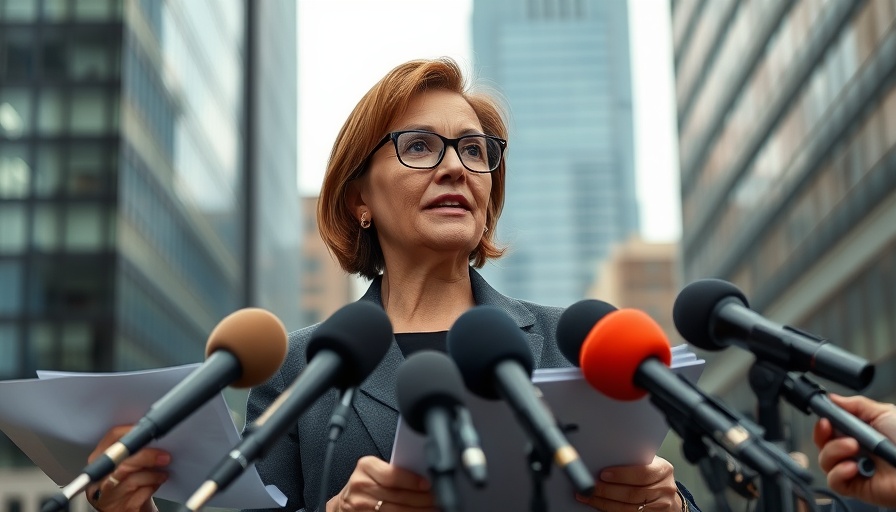
Massachusetts Lawmakers Take Bold Steps to Support Bar Advocates
In a significant move aimed at resolving a critical work stoppage, Massachusetts lawmakers have proposed a wage increase for court-appointed defense lawyers, known as bar advocates. These lawyers are essential in providing constitutional representation for defendants unable to afford an attorney. The proposed changes come after a work stoppage by bar advocates led to serious consequences in the legal system, including the dismissal of charges against over 120 defendants.
The Rationale Behind the Pay Raise
Currently, the lowest-paid bar advocates earn $65 per hour, positioning Massachusetts as having the lowest rates for these essential legal advocates in New England. This proposed $10 raise for this year and another $10 next year highlights the lawmakers' recognition of the urgent need to improve compensation for these dedicated professionals. House Ways and Means Chair Aaron Michlewitz stated that this significant step aims to address long-standing compensation issues.
Impact on Legal Representation
The implications of the pay increase extend far beyond the advocates themselves. By ensuring adequate compensation, the state reinforces the critical role these attorneys play in protecting the rights and freedoms of vulnerable individuals. As CPCS Chief Counsel Anthony Benedetti emphasized, strengthening bar advocate compensation is crucial for maintaining a robust right to counsel, which is foundational to the justice system.
A Path Forward for Legal Services in Massachusetts
In addition to the proposed compensation increase, the agreement also stipulates the establishment of minimum requirements for legal representation and addresses the prevention of future work stoppages. Such measures likely signal the state's commitment to ensuring stability and continuity in the legal services provided to those in need, thereby elevating the standards of public defense.
Next Steps for Legislators and Advocates
As this proposal heads to a vote, its success could set a standard for future negotiations between the state and the legal community. Both advocates for public counsel and lawmakers must continue to engage in constructive dialogues to ensure that the rights of all defendants are upheld without interruption.
 Add Row
Add Row  Add
Add 




Write A Comment